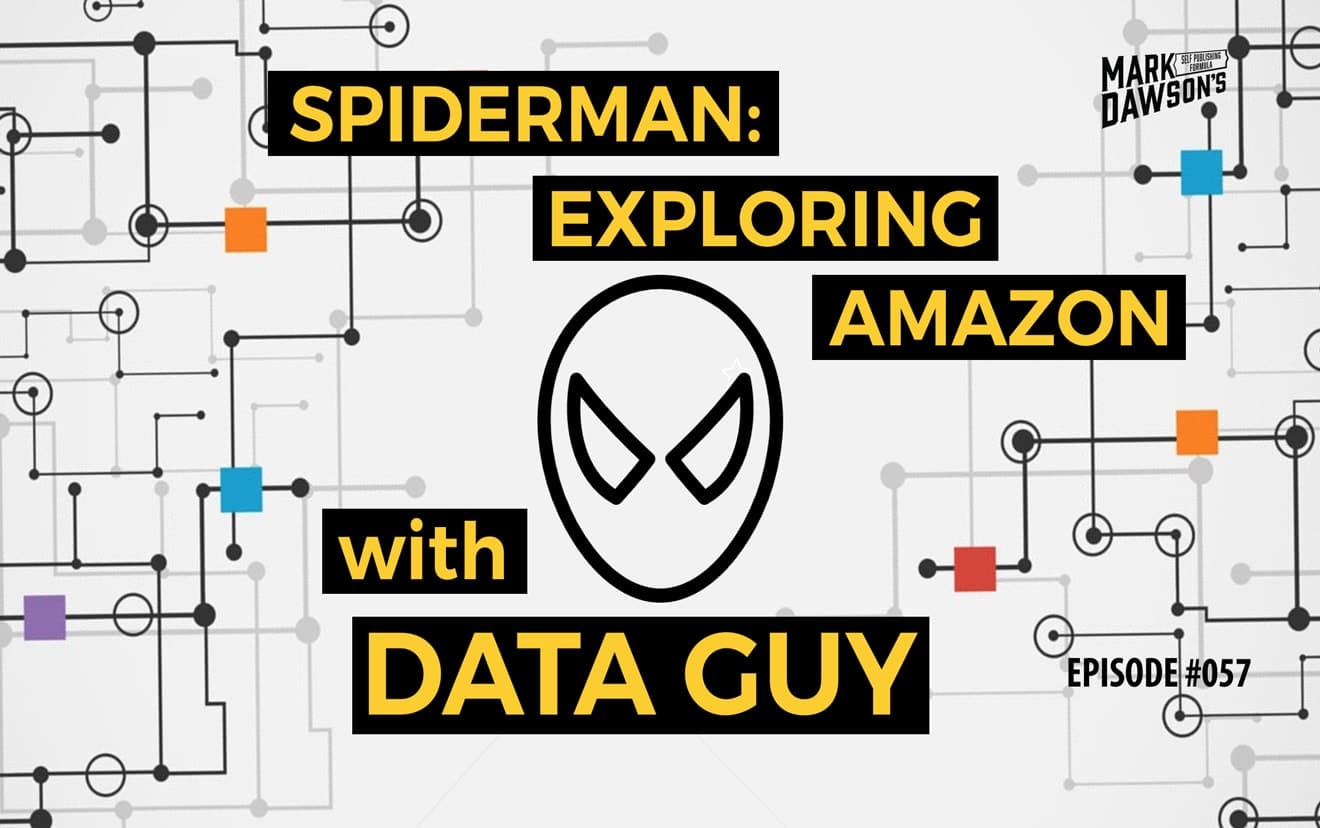Dueling Surveys Say 75% of Americans Like Paper Books And 70% Like eBooks

According to a new survey from Rasmussen Reports which was conducted this month, 75 percent of Americans still prefer paper books over ebooks. A mere 15% of the 1,000 respondents to the poll indicated that they liked ebooks over paper books, with about 10% remaining undecided.
That sounds like terrible news for ebook advocates such as myself, and it sounds like potentially the death knell for digital publishing, right?
Well, no. Take a moment and look at how the conclusion is phrased:
A new Rasmussen Reports national telephone survey finds that 75% of American Adults would rather read a book in a traditional print format than on an electronic book-reading device like a Kindle. Fifteen percent (15%) prefer reading on an electronic device. Ten percent (10%) are undecided.
![6477860207_d42dfebfbe[1]](https://the-digital-reader.com/wp-content/uploads/2013/07/6477860207_d42dfebfbe1-250x226.jpg)
BISG released a survey report back in April that showed a significant increase in preference among readers of ebooks for tablets over ereaders. That report also revealed that:
About 82 percent of Power Buyers (consumers who acquire e-books on a weekly basis) say they prefer e-books over print and nearly 70 percent of Non-Power Buyers say they now prefer e- over print.
You’re not supposed to apply any extensive cross analysis of data from different surveys (not without knowing more about the methodology), but it’s safe to point out that the data sets contradict each other and consider why.
If three-quarters of an undefined survey group likes paper but a majority of the actual customer base likes digital, what are the chances that most of that 75% don’t buy very many books in the first place?
I’d say it’s pretty good.
I would tend to think that the buyers are the only ones worth paying attention to, but given the extensive coverage the Rasmussen survey is going to get these next few day I might be the only blogger who figured that out.
P.S. If someone has access to the data behind the paywall, please let me know if that 75% reflects readers, book buyers, or the general population. I would really like to know.
image by Roberto_Ventre, bfishadow


Comments
fjtorres July 21, 2013 um 5:19 pm
The phrasing of the report says "americans", ergo it is the general populace so t is simply a poll of popularity.
Still if you deconstruct the numbers taking into account how many people don’t buy even one book a year and how many more only buy one or two a year, and thus see no value in buyin a dedicated reader, the 25% number quoted shows deep penetration of ebooks into the actual book buying public.
Remember this? From April:
http://www.statisticbrain.com/reading-statistics/
Under those terms, the two polls actually reinforce each other and the reports from the BPHs who are reporting 20-25% of sales (in dollar terms) are ebooks.
Sheilah July 22, 2013 um 12:00 pm
"I would tend to think that the buyers are the only ones worth paying attention to."
I’d disagree. Readers get their books from many places. They buy new books in print and as ebooks, they buy 2nd hand books, they borrow from friends & the library.
All of this has an effect on what is sold. Especially since you can’t lend ebooks yet. except through libraries. There might be more buy-in from readers if they had as many way to get ebooks as they do print.
Carol Middlekauff August 3, 2013 um 9:58 am
Actually, Kindle is loaning e-books. Check it out! (C:
Scott Nicholson July 22, 2013 um 1:55 pm
"The majority of people who can’t read prefer paper books." Got it.
Will O’Neil July 23, 2013 um 12:52 am
We can’t like both, or feel that paper is better for some things and electrons for others?
Nate Silver, who kept score on the pollsters during the elections last year, found Rasmussen to be among the least reliable.
A few months ago I published a buyer’s-guide book (Home Generator Guide 2013) in both KDP and POD versions. They’re priced to yield me about the same on either, which makes the KDP version about 45% cheaper. Sales so far have been pretty limited (I’m hoping for a really big hurricane 😉 ) but so far they have sold in about equal numbers. I plan to repeat the experiment with other titles.
Margaret August 3, 2013 um 12:38 pm
I buy books, take books out of the library, borrow books from friends, lend books to friends and have books in my guest room for guests to enjoy. I like to mark up reference books and flip quickly back to tables and useful material. If I can’t find a part I remembered and want to re-read but didn’t mark, I like to thumb through the pages until I find the section I’m looking for.
The only advantages I find to ebooks are (1) travel – cuts down on packing and weight and (b) reading at night in bed when my spouse wants to sleep.
I can’t easily lend an ebook, put it in my guest room or flip through it quickly.
Will O’Neil August 3, 2013 um 4:16 pm
Objections such as these are similar in tone to those our ancestors raised to horseless carriages. It wasn’t that there was no substance to these, but as cars became cheaper the economics motivated people to find ways around them. In the longer run e-books seem sure to be a lot cheaper than p-books, and that implies that p-books will go the way of horse-drawn carriages.
Peg August 3, 2013 um 6:59 pm
In a perfect world I’d have "traditional paper books" with all the advantages of ebooks. That’s largely cultural: I’m old enough that "books" not only meant paper-only, but there was no idea in even prophetic minds that it could ever mean anything but paper-only. I grew up with the looks, feel, weight, scent of paper, and as a book-lover I developed Pavlovian conditioning to the very sight of a bound book.
That said, I was one of the early-adopters of ebooks for very powerful reasons, and am a "power buyer" of ebooks specifically for all the benefits ebooks offer that paper can’t hope to touch. There are problems yet to be solved. Ebooks need to be easier to loan, easier to give away/will to your children, and harder to be orphaned by changing reader-tech. They still need to be easier to "gauge" physically: I can still find a quote by pure visual positioning in a paper book while I grub painfully through inadequate navigation tools in a reader. But on the whole I can’t argue with books that are cheap, easily modified to my visual needs, with eternal nul-space bookshelves, plus the ability to read in the dark.
Publerati August 9, 2013 um 3:28 pm
Agreed. Survey findings should never be posted without the methodology and actual questions asked provided, as so often surveys are used to support the agendas of those driving the crazy bus.
I dug into the BISG and AAP data with their permission and found that in 2012 in the trade adult fiction category 40% of the revenues came from ebooks and 60% from print. And this category and young adult fiction were the only two that grew, quite probably in large measure due to Hunger Games and Fifty Shades.
I imagine the data behind the BISG survey might cluster readers (or could do so) into "Avid," "Casual," and "Laggard" buckets and I for one would be interested to know what impact e-reading is having on moving some of the "laggards" up to "casual" year over year — by which I mean people who typically read 1-2 books print or ebook a year now reading 3-5 print or ebook a year, or whatever the equivalent is.
One has to think the wide availability of digital over analog increases participation, just as it did for music (where suddenly you could buy songs) and GPS (where suddenly a new kind of smarter map came along that wowed people). The world market for print road atlases halved in three years when GPS came along by the way, knocking many distributors and publishers out of the business. Now smartphones are doing the same to GPS. And on and on we go.
Joanne Gruskin August 19, 2013 um 2:00 pm
Unless the survey corrects for electronic media ownership (Kindle or Nook, the ones that are as easy to read as a print book), the results are without merit. I would like to know how many of said owners would prefer to read books in print format.
Ricoh's New Survey Report Says Consumers Don't Like eBooks, Neglects to Ask Book Buyers What They Think – The Digital Reader December 11, 2013 um 6:15 pm
[…] wondering, this is a topic which has come up before when I covered the Rasmussen survey report in July 2013. That report made headlines when it claimed 75% of Americans adults didn’t like ebooks, but […]
10 Obsolete Beliefs that Can Block Self-Publishing Success – Anne R. Allen's Blog… with Ruth Harris December 4, 2015 um 9:41 pm
[…] not saying you shouldn’t have paper books. Most readers still prefer them. But if you’re self-publishing, paper will only represent a fraction of your sales. So you […]
People who buy books, love books – Liquid State December 21, 2015 um 12:52 am
[…] Dueling Surveys Say 75% of Americans Like Paper Books And 70% Like eBooks […]